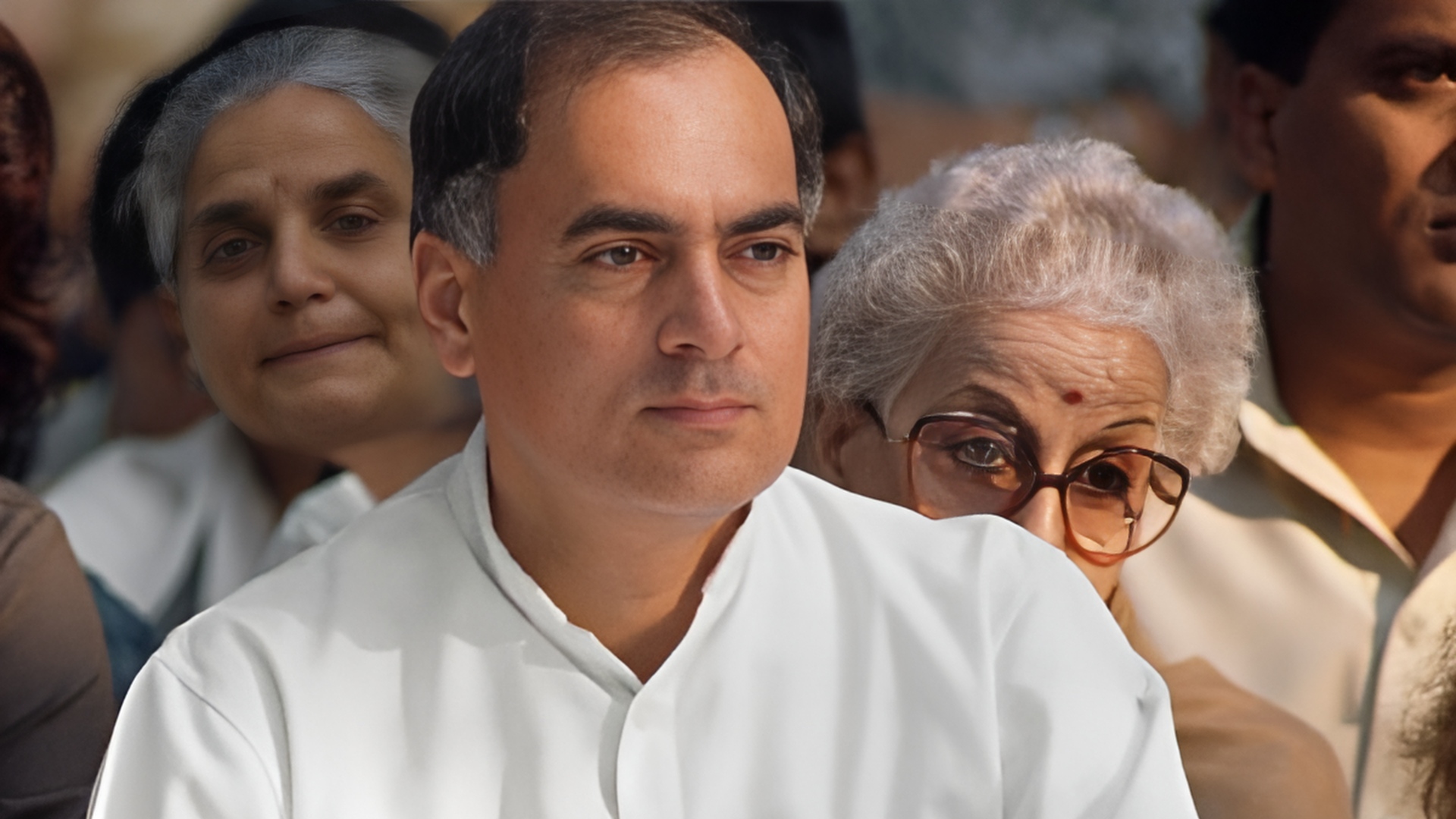In India, National Anti-Terrorism Day is observed annually on May 21 to mark the assassination of Rajiv Gandhi, the country’s sixth Prime Minister. He was killed by a suicide bomber from the Liberation Tigers of Tamil Eelam (LTTE) in Sriperumbudur, near Chennai. Rajiv Gandhi, who became the youngest Prime Minister of India at the age of 40, took office on October 31, 1984, following the assassination of his mother, Indira Gandhi.
When was Rajiv Gandhi Assassinated?
Former Prime Minister Rajiv Gandhi assassinated, 1991. On May 21, 1991, Rajiv Gandhi, the former Prime Minister of India, was assassinated in Tamil Nadu by a suicide bomber linked to the Liberation Tigers of Tamil Eelam (LTTE). This tragic event left a deep impact on Indian political history.
National Anti-Terrorism Day
India observes National Anti-Terrorism Day annually on May 21 to commemorate the death anniversary of Rajiv Gandhi. Instituted by the VP Singh government, this day serves to honor his memory and aims to raise awareness about the harmful effects of terrorism and violence on society and the nation.
Prime Minister Narendra Modi pays tribute Rajiv Gandhi, he shared on X, “On his death anniversary, my tributes to our former PM Shri Rajiv Gandhi Ji.”
Congress Leaders Pay Homage
Congress leader Sachin Pilot pays homage to former Prime Minister Rajiv Gandhi on his 33rd death anniversary at Vir Bhumi in Delhi.
In addition to honoring Rajiv Gandhi, this day seeks to raise awareness about the detrimental impacts of terrorism and violence on society. It encourages individuals to embrace and promote peace and unity.
Moreover, this day sends a clear message globally that India is committed to combating terrorism in all its forms. By commemorating this day, we also pay tribute to all victims of terrorism, hoping for a world free from its devastating effects.
Also Read: Rae Bareli And Amethi Vote: Who Will Win, BJP Or Congress?
Here are some interesting facts about Rajiv Gandhi:
1. Youngest Prime Minister: Rajiv Gandhi became the Prime Minister of India at the age of 40, making him the youngest person to hold this office in Indian history.
2. Pilot Background: Before entering politics, Rajiv Gandhi worked as a professional pilot for Indian Airlines, following his passion for aviation.
3. Reluctant Politician: Initially, Rajiv Gandhi was not inclined towards politics. He entered the political arena after the untimely death of his younger brother, Sanjay Gandhi, in a plane crash in 1980.
4. Education Abroad: Rajiv Gandhi studied at the prestigious institutions of Cambridge University and Imperial College London, where he pursued engineering but did not complete his degree.
5. Tech-Savvy Leader: As Prime Minister, he was known for his emphasis on modernizing India and introducing technological advancements. His government laid the foundation for the IT revolution in India.
6. Anti-Corruption Stance: Rajiv Gandhi took a strong stance against corruption and initiated the famous “Bofors scandal” investigation, which was one of the significant controversies during his tenure.
7. Assassination: Rajiv Gandhi was assassinated on May 21, 1991, by a suicide bomber affiliated with the Liberation Tigers of Tamil Eelam (LTTE) during an election campaign in Tamil Nadu.
8. Family Legacy: Rajiv Gandhi was part of the Nehru-Gandhi family, one of the most influential political families in India. His mother, Indira Gandhi, and his grandfather, Jawaharlal Nehru, also served as Prime Ministers of India.
9. Visionary Reforms: His tenure saw significant economic and educational reforms, including the liberalization of the Indian economy and the establishment of Jawahar Navodaya Vidyalayas, aimed at providing quality education in rural areas.
10. Peace Efforts: Rajiv Gandhi played a crucial role in peacekeeping efforts, notably sending the Indian Peace Keeping Force (IPKF) to Sri Lanka to help resolve the civil war, although it ended in controversy and eventual withdrawal.
11. Rajiv Gandhi Foundation: After his assassination, the Rajiv Gandhi Foundation was established to promote his vision of a progressive and developed India through various social and economic initiatives.
These facts provide a glimpse into the life and legacy of Rajiv Gandhi, highlighting his contributions and the impact he had on India’s political and social landscape.




